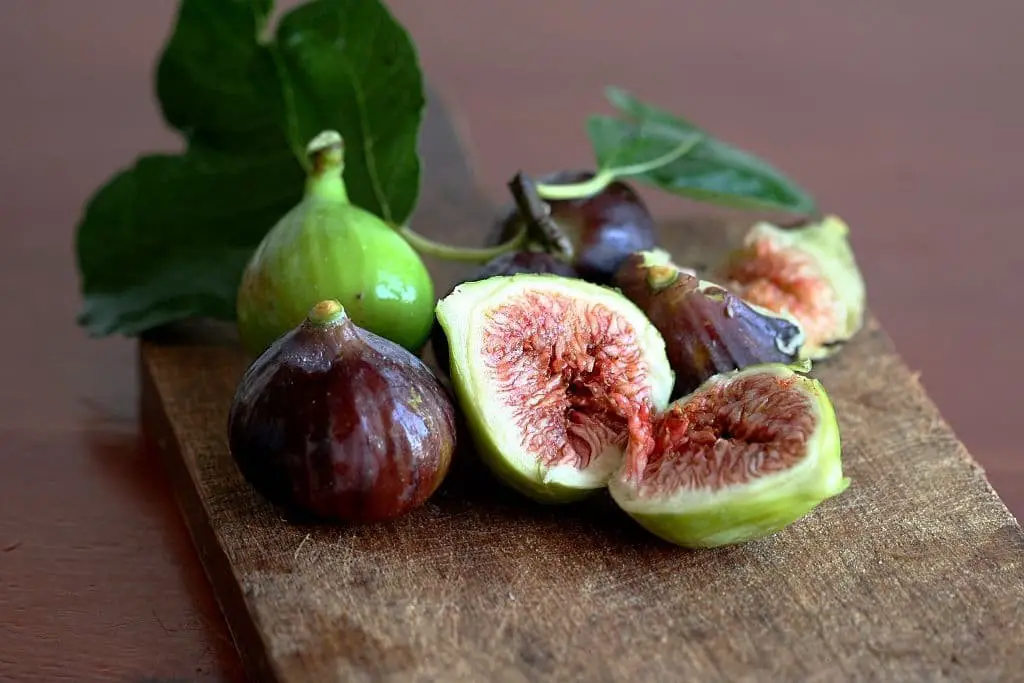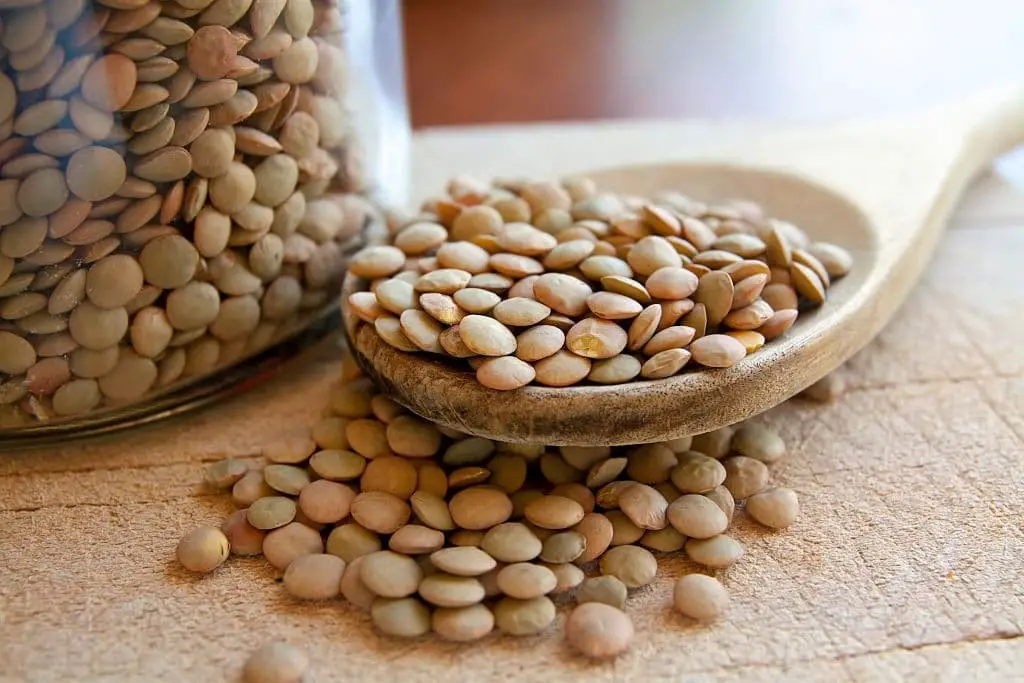5 Foods To Boost Fertility In Women
The journey to fertility can be unpredictable, and for many individuals, it may take a little longer to achieve pregnancy. While luck and timing play a role, the primary concern is often lower fertility, which can significantly impact conception chances. To address this issue, people with lower fertility seek ways to improve their reproductive health. Nutrition has been identified as a crucial factor in achieving this goal.
In this article, we will explore five foods that can help boost fertility, with a special focus on seeds and their role in supporting women’s reproductive health.
Foods That Can Boost Fertility In Women
While there’s no guarantee for success, incorporating certain foods into your diet may positively impact fertility in women. These foods, when consumed as part of a balanced diet rich in fruits and vegetables, have been linked to improved conception outcomes. While individual results may vary, including them in your daily meal plan can only be beneficial, making it worth trying.
Sunflower Seeds

Sunflower seeds have garnered attention for their potential to enhance fertility in both men and women. One notable benefit is the abundance of folate and selenium present in these tiny treasures, which can significantly impact a woman’s ability to conceive. The key lies in the role of selenium in supporting healthy follicular fluid that surrounds her eggs.
Additionally, folate has been shown to improve egg quality, playing a crucial part in both conception and pregnancy, as well as postpartum care.
Figs

Figs have long been revered for their aphrodisiac properties, but it’s their impressive iron content that makes them particularly valuable for women’s reproductive health. Research suggests that the abundance of iron in figs can help alleviate fertility issues in females by supporting the production of healthy eggs. A crucial nutrient in this process is iron, which, like folate, plays a vital role in ovulation and conception.
By improving ovulation rates, the iron content of figs can significantly boost a woman’s chances of getting pregnant.
Lentils

Despite being perceived as a fertility deterrent, lentils possess a different role altogether. Rich in iron, they can actually support and enhance a woman’s fertility, much like figs. The high iron content also plays a crucial part in facilitating ovulation and preventing anovulation, a condition where low-quality eggs are produced, hindering conception.
Interestingly, women with low iron levels have been observed to be more susceptible to anovulation, further emphasizing the importance of maintaining adequate iron levels for reproductive health.
Leafy Greens

Incorporating leafy greens into one’s diet is essential for overall well-being and reproductive health. These nutrient-rich foods, including spinach, arugula, kale, chard, and other dark green varieties, possess superfood qualities that can significantly improve bodily functions. Moreover, by promoting better health, a woman can also enhance her reproductive health, particularly in terms of fertility.
The high folate content in leafy greens makes them an excellent choice for women trying to conceive, as it helps regulate the body’s nutrient levels. Additionally, these foods are packed with antioxidants that can help mitigate the stress caused by illness, allowing the body to function at its best.
Dairy

Contrary to popular opinion, full-fat dairy products have been gaining recognition for their nutritional benefits. Gone are the days of shying away from dairy due to its high-fat content and corresponding caloric count. In fact, research suggests that consuming whole-fat dairy products like cheese, milk, and yogurt may be more beneficial than opting for low-fat alternatives.
This is especially pertinent when considering fertility, as studies have shown that women who incorporate full-fat dairy into their diets tend to exhibit better ovulation compared to those who only consume low-fat dairy products.
Foods To Avoid To Improve Fertility
When making a conscious effort to increase your consumption of certain foods, it’s equally important to consider reducing or eliminating others from your diet altogether. By striking a balance between the two, you can experience a more profound impact on your overall well-being.
Alcohol

When considering fertility improvement strategies, reducing or eliminating alcohol consumption is an excellent starting point. One primary concern is the potential impact of alcohol on fetal development if you do become pregnant unaware. Prolonged exposure to alcohol during this critical period can lead to detrimental effects on fetal growth and development. Beyond pregnancy, excessive drinking can exert a significant strain on your body as it processes the substance.
This prolonged stress can have far-reaching consequences for overall health, which in turn, may negatively impact reproductive health.
Sugar

While it’s often likened to alcohol in its potential negative impact on the body, sugar can have far-reaching consequences. In the long term, excessive sugar consumption can lead to weight gain, while short-term blood sugar spikes can be an additional stressor for your system. Moreover, elevated blood sugar levels can also negatively affect reproductive health. However, it’s important to note that not all sugar is created equal.
Carbohydrates, too, are broken down into sugars that the body uses for energy. For some individuals, this has led them to adopt a low-carb fertility diet in an effort to promote overall wellness.
Boosting Fertility—Key Takeaways
While the importance of a balanced diet in overall health is well-established, certain foods have been shown to positively impact fertility. While incorporating these foods into your diet may not guarantee conception, it can certainly do no harm. Should fertility issues arise, consulting with a healthcare professional is essential for developing a personalized treatment plan that addresses individual circumstances and promotes conception and pregnancy.
Related Posts
Combining the cognitive-boosting effects of nootropics with the nutritional benefits of mushrooms can lead to a profound impact on one’s overall well-being. When traveling to Thailand, it’s essential to have a variety of easy-to-prepare foods at your disposal, such as trail mix with nuts and dried fruits or energy bars made with wholesome ingredients. Similarly, exploring the connection between family, food, and memories can be a rich and rewarding experience.
To select the best cuts of pork for family meals, consider factors such as marbling and fat content. Making honey in the kitchen can be a simple yet effective way to improve your family’s eating habits. By incorporating nootropics, mushrooms, and wholesome foods into your daily routine, you’ll be taking small but significant steps towards enhancing your mental and physical health.






